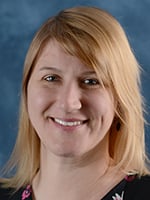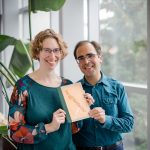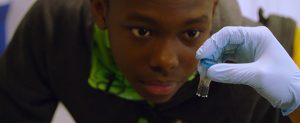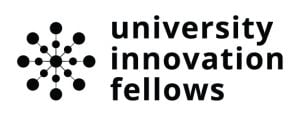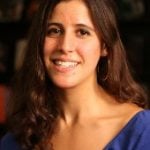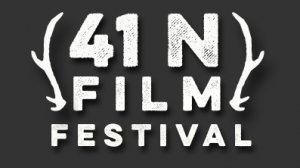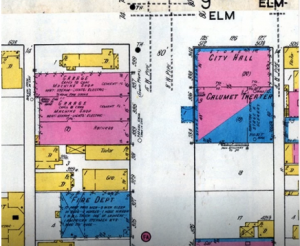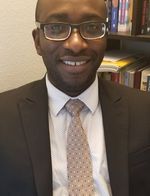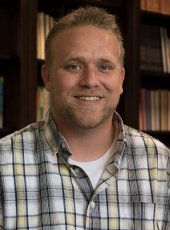 Join Modern Languages faculty and students from 5 to 6 p.m. Wednesday, December 4th, in Walker 134 for a unique celebration of French, German, and Spanish holiday traditions. Appearing live will be the French Canadian group, Maple Sugar Folk, as well as Sue Ellen Kingsley and Friends.
Join Modern Languages faculty and students from 5 to 6 p.m. Wednesday, December 4th, in Walker 134 for a unique celebration of French, German, and Spanish holiday traditions. Appearing live will be the French Canadian group, Maple Sugar Folk, as well as Sue Ellen Kingsley and Friends.
Learn holiday songs in each language for the sing-along and listen to traditional holiday music. Play Christmas Bingo and enjoy a variety of holiday treats from different cultures. No prior language experience required. Families are welcome.
For more information, contact Karin Schlenker.
